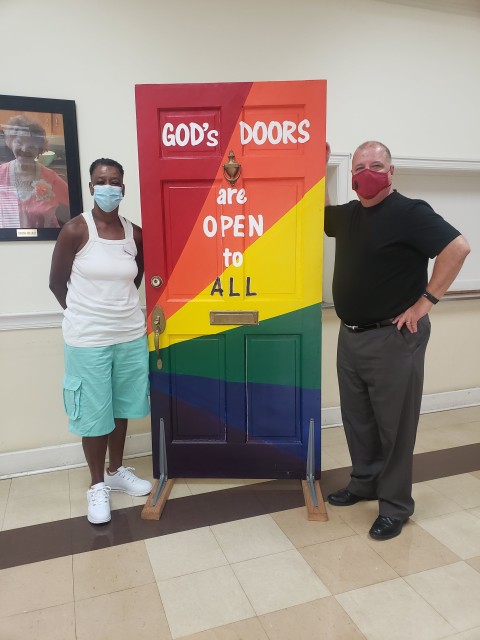Georgia UMC church leaves denomination in support of LGBTQ rights

A church in Savannah, Georgia, is the first congregation in recent years to depart the United Methodist fold in support of LGBTQ inclusion.
Over the past four years, multiple congregations have left the denomination in response to its intensifying disagreement over how accepting to be of homosexuality. Most have done so citing weariness with the debate or a lack of enforcement of the denomination’s bans on same-sex weddings and “self-avowed practicing” gay clergy.
However, Asbury Memorial Church—a congregation of more than 300 members—is the first since at least 2016 to leave expressly in opposition to those bans.





